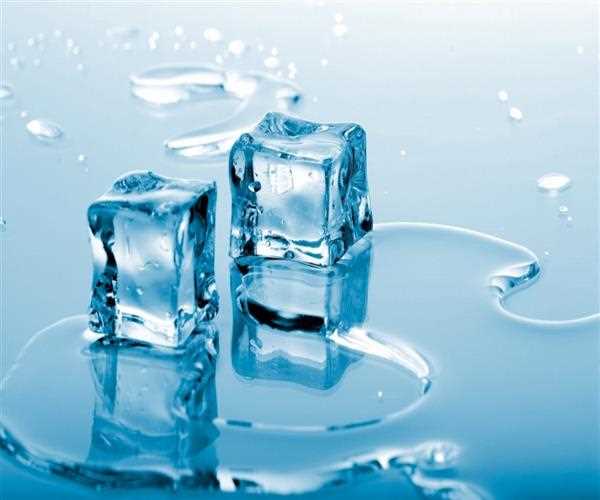When a solid turns into a liquid, it's called melting. The process of melting is when the molecules in a solid start to move around and form a liquid. The molecules in a liquid are not as closely packed together as they are in a solid, so they can move around more easily.
When something melts, it usually goes through a few stages. First, the surface of the solid melts. This is because the molecules on the surface have less energy than the molecules in the center of the solid. As the surface melts, the solid becomes more and more transparent.
Eventually, the entire solid will turn into a liquid. The temperature at which this happens is called the melting point. The melting point is different for every substance. For example, the melting point of water is 0 degrees Celsius (32 degrees Fahrenheit), but the melting point of ice is -28 degrees Celsius (-18.4 degrees Fahrenheit).
When a solid melts, it releases a lot of energy. This is because the molecules in the solid are held together by strong forces. When the solid melts, these forces are no longer present and the molecules can move around more freely. This release of energy is what makes melting a powerful process.

Melting is an important process in many industries. For example, when metal is melted down, it can be recycled and used to make new products. melting is also used to make glass and chocolate.
Melting is a reversible process. This means that a liquid can be turned back into a solid by cooling it down. When a liquid is cooled down, the molecules slow down and start to move closer together. Eventually, they will form a solid again.